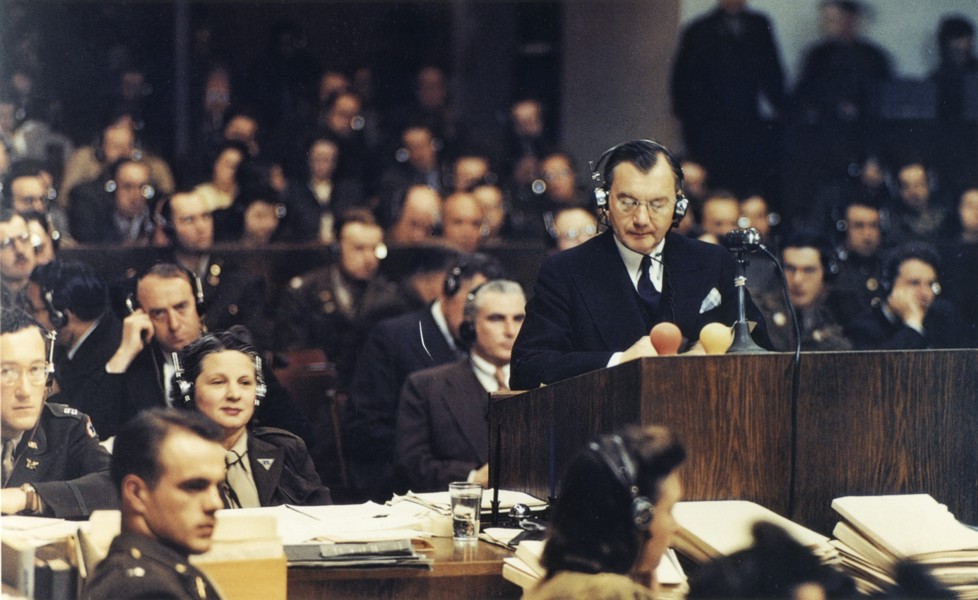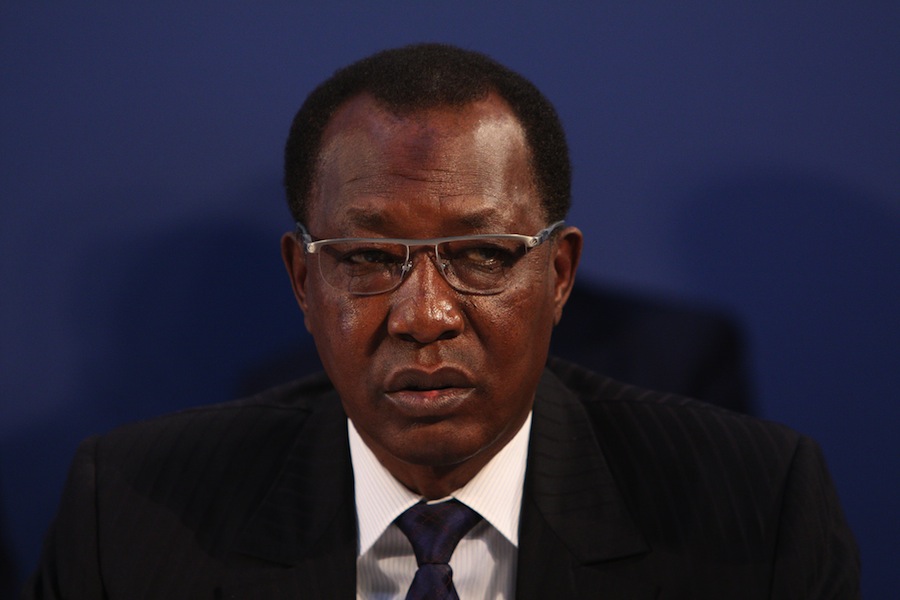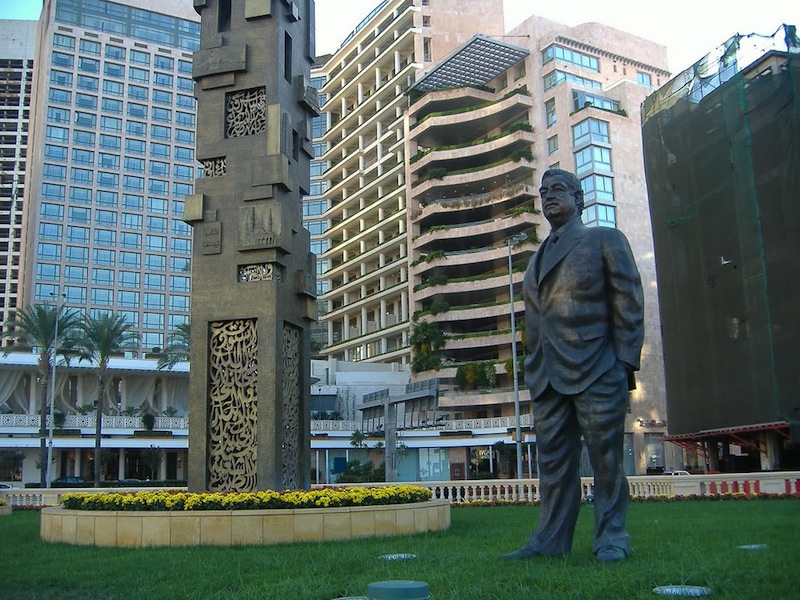Despite promising to destroy its stockpile of chemical weapons, Syria has once again been accused of using the banned arms against its civilians. The Islamic State has also been accused and these accusations were levelled in a new UN report released earlier this month.
Lex et Orbis
Lex et Orbis is a column concerned with use of the law as a tool for strengthening free institutions. It seeks to bring about a better understanding of the legal principles that apply to international and domestic issues. This program delivers thoughtful, balanced, and persuasive articles that are accessible to people without a legal background.
The History of Defining Justice: How International Law Is Being Used to Right Past Wrongs
Palestine has indicated that it wants to take legal action against Britain for the 1917 Balfour Declaration that lead to the creation of Israel. As historical reparations cases become more common, what does this mean for our understanding of international justice?
Growing Pains: The International Criminal Court, the African Union, and the Kampala Accords
The successful ratification of the Kampala Accords means the International Criminal Court will be able to charge leaders with the crime of aggression but trouble continues for the court as member states of the African Union publicly voice their discontent.
Taking Terrorism to an International Court: Ayyash et. al. continues to trial in The Hague
The Special Tribunal for Lebanon is delivering justice for former Lebanese prime minister Rafik Hariri and other victims of the Feb 14, 2005 bombings in Beirut in a unique way.
Reconsidering The Trans-Pacific Partnership (TPP)
The Comprehensive Economic and Trade Agreement which Canada is working out with Europeans has a much fairer method of dispute resolution that allows appeals from poor decisions and a greater ability for governments to legislate even if new rules may affect corporate bottom lines.
Trade Arbitration: Foreign Corporations vs. Pressing Governmental Objectives (Pt. 3)
Prudence requires those involved in [ISDS reform] to come to agreeable terms, setting a global standard that would increase net foreign investment and trust between nations.
Trade Arbitration: Foreign Corporations vs. Pressing Governmental Objectives (Pt. 2)
In 2015, faced with opposition to ISDS in many European countries, the European Parliament decided there must be a new arbitration system for the pending Trans-Atlantic Trade and Investment Partnership (TTIP).
Trade Arbitration: Foreign Corporations vs. Pressing Governmental Objectives (Pt. 1)
Adam Feldman looks into how trade arbitration provisions currently favour corporations and how the process can be reformed.








